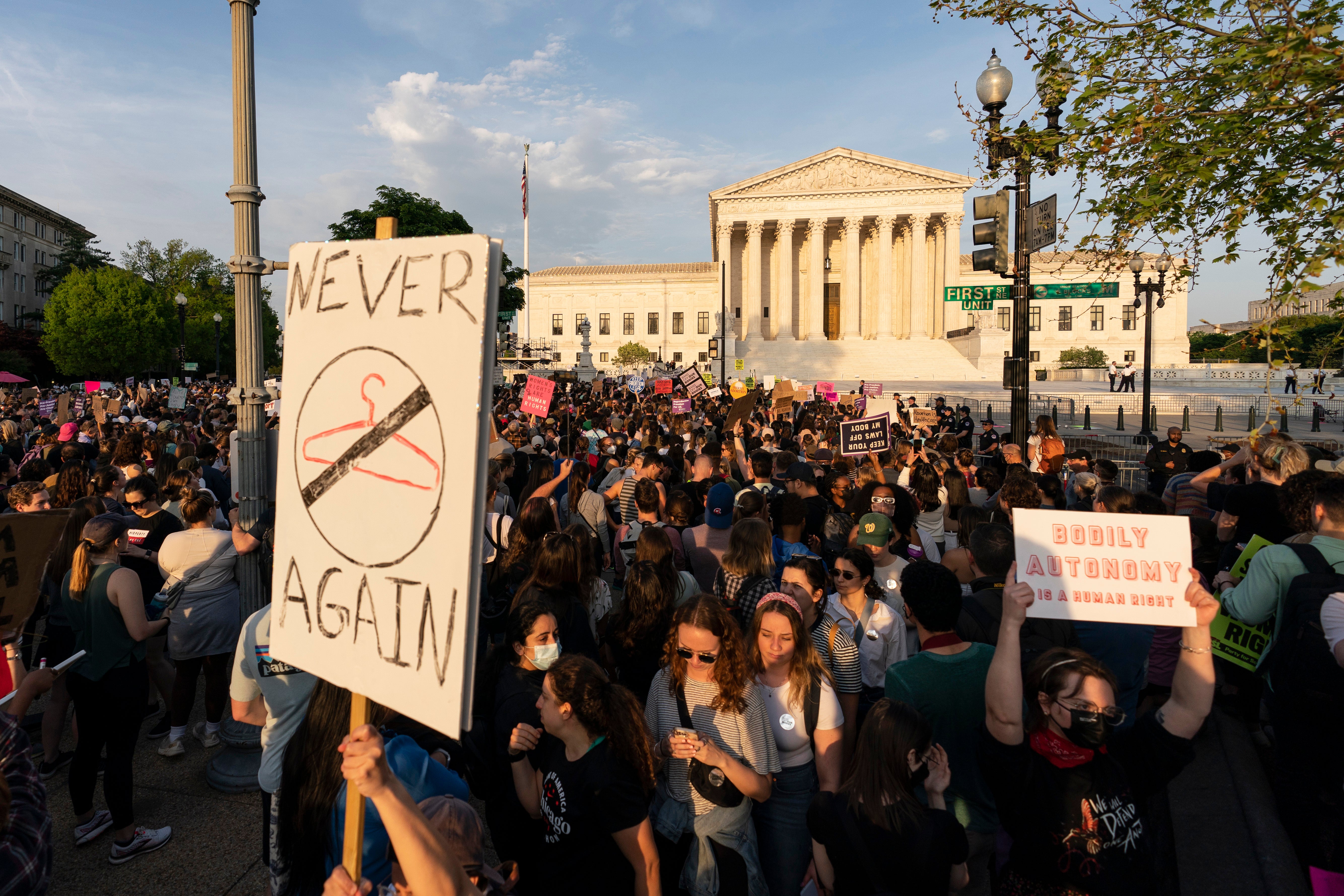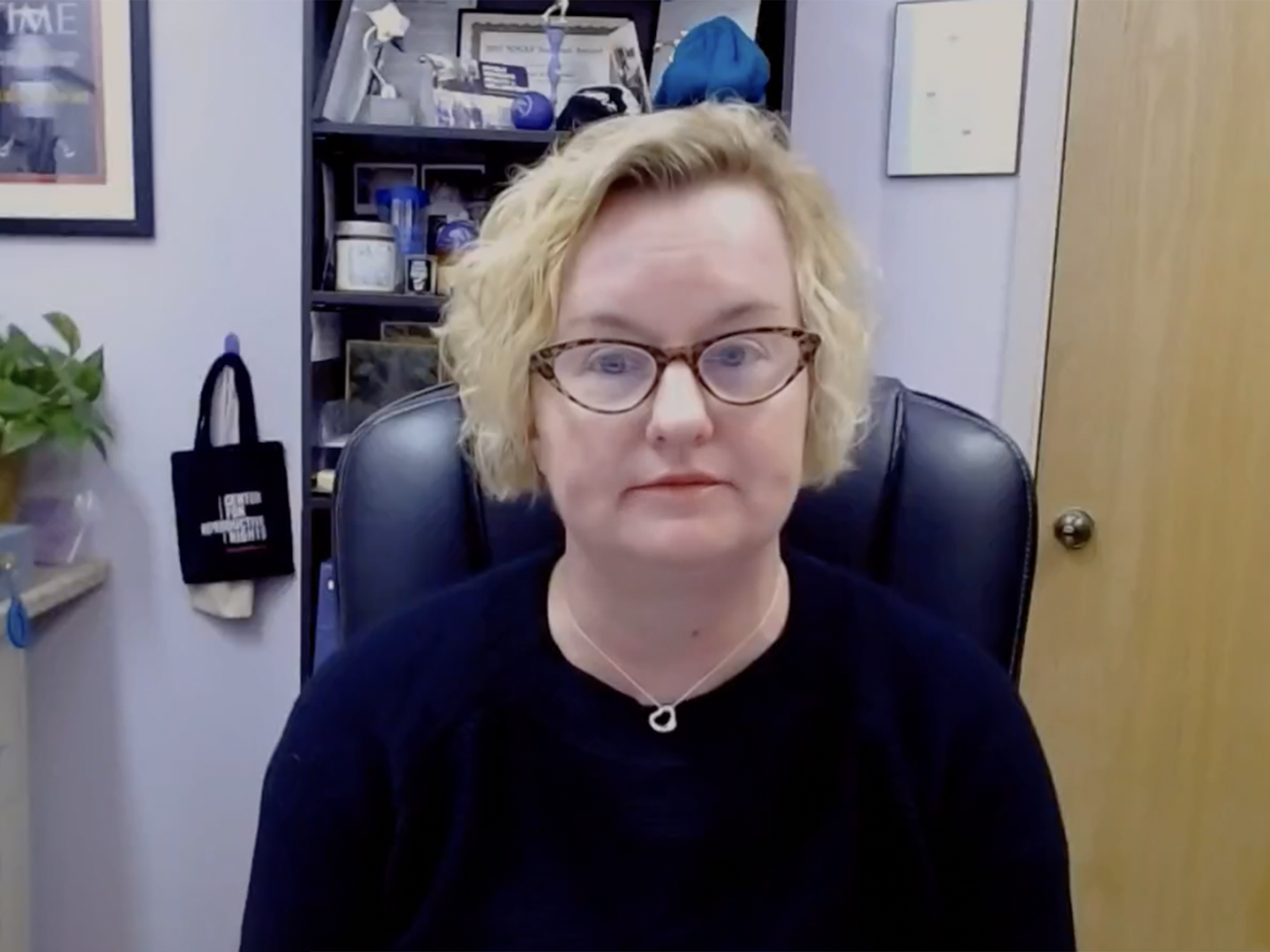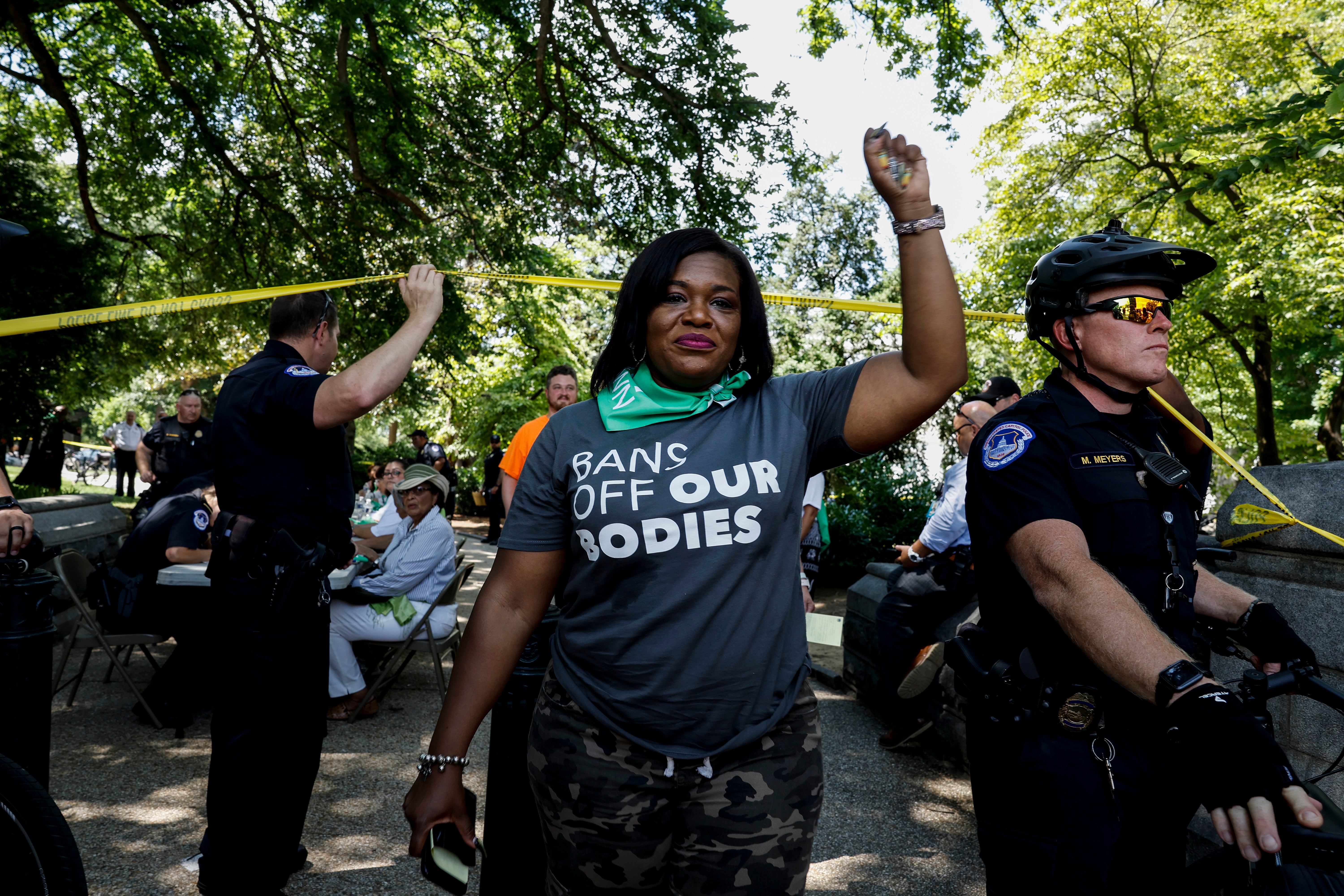Last abortion clinic in North Dakota raises $1m to move 15 minutes across the river
New location just 15 minutes away but critically is in Minnesota, writes Andrew Buncombe


Your support helps us to tell the story
From reproductive rights to climate change to Big Tech, The Independent is on the ground when the story is developing. Whether it's investigating the financials of Elon Musk's pro-Trump PAC or producing our latest documentary, 'The A Word', which shines a light on the American women fighting for reproductive rights, we know how important it is to parse out the facts from the messaging.
At such a critical moment in US history, we need reporters on the ground. Your donation allows us to keep sending journalists to speak to both sides of the story.
The Independent is trusted by Americans across the entire political spectrum. And unlike many other quality news outlets, we choose not to lock Americans out of our reporting and analysis with paywalls. We believe quality journalism should be available to everyone, paid for by those who can afford it.
Your support makes all the difference.Supporters of the final abortion clinic in North Dakota have raised more than $1m – enough to move it to Minnesota where officials have vowed to protect reproductive care and women’s rights.
In a development that is both bitter and sweet, a grassroots fundraising effort raised enough money for the Fargo’s Red River Women’s Clinic (RRWC), to move to a new location, 15 minutes away across the river in Moorhead, Minnesota.
The owner and director of the clinic, Tammi Kromenaker, says she is moved by the display of support from the community that the clinic has served for decades, and pleased that women from the region will be able to still access abortion care.
At the same time, she is saddened by the scrapping of Roe by the Supreme Court, whose actions forced the clinic to relocate.
She is also alarmed the country is rapidly turning into a two-system nation, one part where women can now access safe and legal abortions, and a second where the only real option is self-administered medication, and where women and their doctors could still face prosecution from the authorities.
“Abortion providers shouldn’t have to work this hard. Patients shouldn’t be faced with this,” Kromenaker tells The Independent.
“And we’re just so grateful and humbled by the community outreach and support that we’ve had from both local and national and international.”
Kromenaker, 50, originally from the Minneapolis suburbs, has been associated with the clinic for 24 years.
Asked how she believed the clinic has been seen by the community, she says people tell her it it seen as a rare oasis of support for women, in a red, conservative state.

“It’s a place where people know they can get good abortion care, and that it’s a symbol of, not something necessarily progressive, but it’s a symbol that there is support there,” she says.
“I’ve heard patients say literally, I thought the state hated women so much, that there wouldn’t be a clinic here. And we’ve worked really hard at at community engagement.
She says volunteers escort women on their arrival at the clinic, which like many is often the location for protests from anti-abortion activists.
Others reach out to women ahead of their visit to make sure they are prepared and have everything they need. Friendships and relationships have blossomed “on the escort line”.

After the Supreme Court scrapped Roe, the 1973 ruling that two generations of women had relied on, states across the nation starting banning or severely restricting abortions.
Thirteen of those states,North Dakota among them, had so-called trigger laws banning abortion on their books, that snapped into place without Roe’s constitutional support.
In North Dakota, the ban comes into effect on July 28, 30 days after North Dakota Attorney General Drew Wrigley certified the top court’s decision.
The only potential delay would be if a restraining order sought by Kromenaker and others have filed trying to block the trigger legislation is granted. Otherwise abortion will be illegal except in cases of rape, incest and to save the life of the mother.
The motion argued the state constitution protects a woman’s right to abortion. The clinic said the ban violates rights to life, safety and happiness and infringes on the right to liberty because it “deprives patients of the ability to control decisions about their families and their health”.
In its response, the state government said the clinic “ignores the history of abortion regulations in North Dakota probably because a fair considering of that history is fatal” to its argument.
While clinics such as the Jackson Women’s Health Organisation, also known as the Pink House, is being forced to close and a new one open more than 1,000 miles away in Las Cruces, New Mexico, Kromenaker will relocate her facility to another location, little more than 15 minutes drive away.
While the town of Moorhead is very close, crucially it is in Minnesota, one of the Democratic controlled states where abortion remains legal for now. It is listed by the Guttamacher Institute as one of those places where there are “some restrictions or protections”. (The states with the fewest restrictions are Oregon, Washington and California.)
The law requires a mandatory counseling session, plus a 24-hour waiting period, which some critics say is meant to discourage women from seeking abortions.
As it is, with so many other states banning abortions, women from large parts of the nation are traveling to Minnesota to get abortions and support. Clinics that do offer help are often swamped. By moving to a new location, albeit one that adds just a few minutes to a person’s journey, Kromenaker feels they will be better served to help women from a larger area.
Asked what difference it will make for women of the northern plains that her clinic is not shifting a long way, she says: “What it does is it keeps the access that we have been providing for the last 20 plus years, essentially the same.”
She adds: “Already many of our patients face three, four or five hour one way trips to Fargo. And now the new space will be you know, less than 15 minutes away. So those patients will still have the same access that they have had for the last 20 years without having to travel additional time to the Minneapolis/St Paul area, which is the next closest place which is another four hours from Fargo.”
She says: “If we didn’t do this, if we just throw our hands up and said ‘Fine, you’ve defeated us’ it would be out of reach for many of our patients.”
The fundraising effort was started by supporters of the clinic. A GoFundMe Page has already collected $960,807, but Kromenaker says other donations that have not yet been processed will take the total well over $1m.
There are widespread fears that in some states, authorities will not only make abortion illegal but aggressively seek to punish women who try and get one – either by use of medication, or traveling out of state.
In Missouri, one of the strictest states on abortion, legislation is being considered by the state that would penalise women, along with anyone who “aids and abets”. It would seek to punish the woman even if they travelled out of the state.
Joe Biden, with a desire to codify into law the protections of Roe but with little chance of getting sun a bill through the Senate, has said the federal government will defend a person’s right to cross state lines.
Is Kromenaker fearful the authorities of North or South Dakota would come after the women who visit her new facility across the river in Minnesota?
“Both the Governor and the Attorney General in Minnesota have said they will not participate in any sort of cooperation with another state that says, ‘Oh you know, somebody from our state came there. Let’s go after them’,” she says.
“They really are becoming a haven state and their elected officials are saying we will protect you.”
Additional reporting by the Associated Press
Join our commenting forum
Join thought-provoking conversations, follow other Independent readers and see their replies
Comments